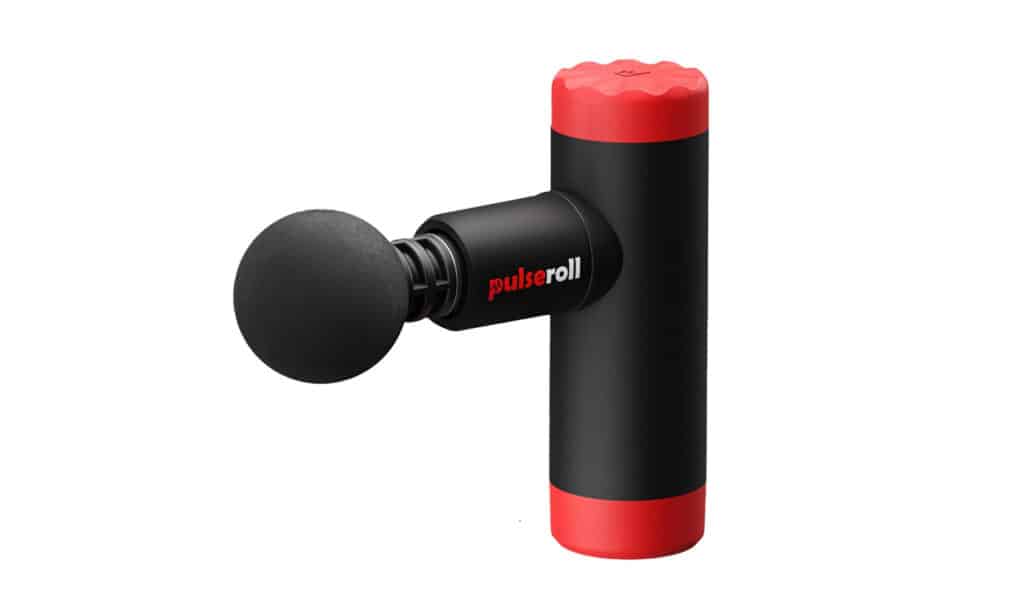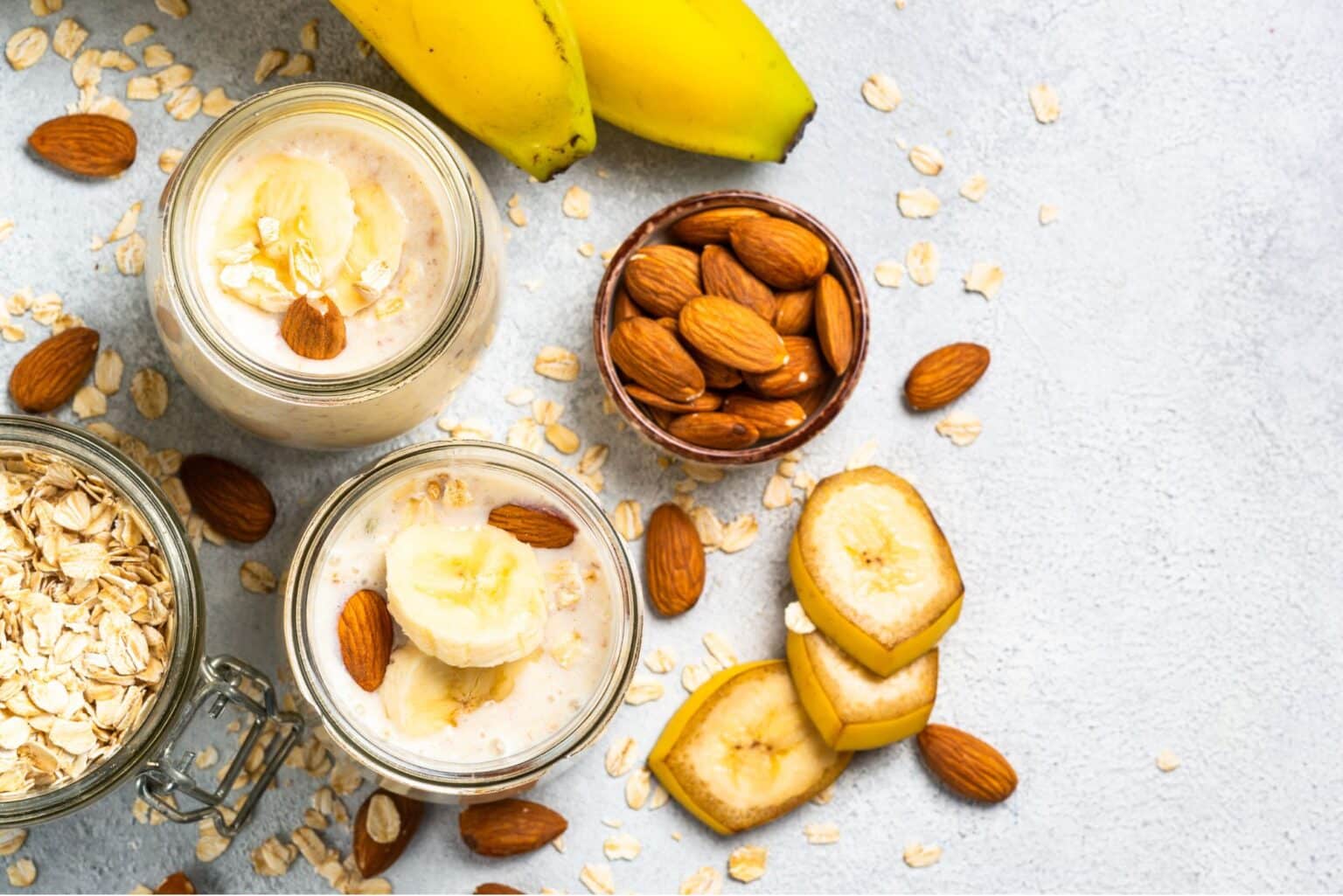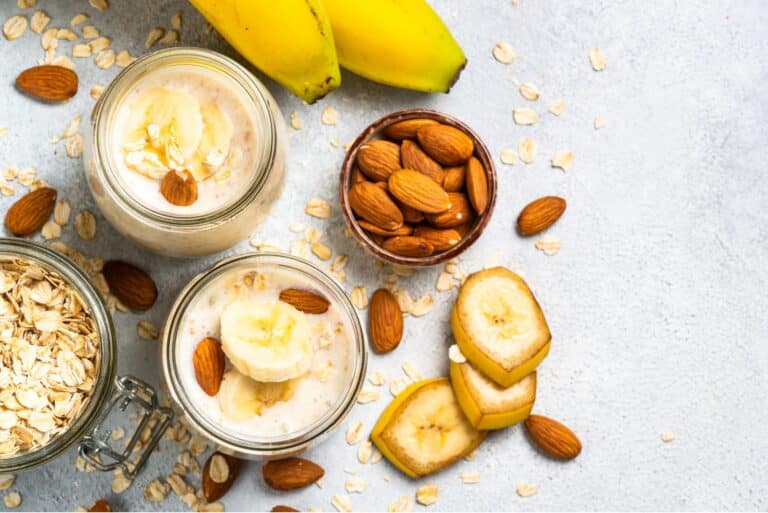


Hi Mike, what strategies can I use to fuel my marathon training effectively while keeping my weight loss goals on track? Was this a focus during your marathon blocks?
Jenny
Head coach answer: Strategies for balancing marathon training and weight loss goals
This is always a tricky one. If you are starting to do the volume of training to run a marathon, you must refuel adequately with carbohydrates. Otherwise, your running consistency and frequency will fall apart, and at extremes, cause damage to your body.
The balance, I would suggest, is to take on a bit more in carbs than you think you have used. I would look at the natural quality of the foods. Don’t use convenient ultra-processed fuel replacements if possible; they have their place, particularly for those in high levels of training. It’s better to try to get good food, like a banana and yoghurt, after your run.
If you try to diet to lose weight while training for a marathon, then you will run into energy difficulties, and at extremes, start to cause damage to bone density and general health.
Most runners I coach find that, with the gradual increase in running quantity, and particularly after starting to do speed work, weight starts to drop gradually. Nearly always, by the time race day comes, they are looking lean. I believe this is due to the body’s metabolism adjusting with increased exercise.
I was always known as a bulky runner, and would put on some weight at the end of a season before starting my next build-up block. But I never focused on deliberately dieting to lose weight. And I was always lean by the time the main races came around.
“If you try to diet to lose weight while training for a marathon, then you will run into energy difficulties, and at extremes, start to cause damage to bone density and general health.”
Mike Gratton – Head Coach – London Marathon Winner 1983
I found that once I started doing my shorter, steady morning runs, I would do them fasted and have carbs very soon after finishing – just a carb-rich breakfast. It was a strategy that isn’t considered valid now, where you deliberately reduce carbs (which happens overnight while sleeping) so that in the morning run, you start to metabolise fats for energy. This practice was not to lose weight, but to develop fat metabolism as a fuelling source during long races.
It was still important for me to replace the used carbs soon after running, so that I didn’t start to feel weakened for my next run – it should be noted that I was running twice a day, every day, once I had got into my training block – so I had to eat plenty!
You do have to be conscious of the quality of the carbs that you consume, and also don’t assume you’re using more calories than you are while running. On average, we use about 80 calories per mile of running, considering your gender and weight. For a five-mile run, you may only be using 400 calories. A muffin in the coffee shop after can be around that!
Join our mailing list to stay up to date with the latest UK running events, training tips, and exclusive offers on running products. Rest assured, we value your privacy and would never dream of selling your address. Sign up now…

Share this article
Designed by our head coach, Mike Gratton, winner of the 1983 London Marathon, this 8-week...
Why do your training plans have the sessions in time rather than miles or KM?...
During my last marathon, I threw up at 23 miles and could not finish at...
People often think about running as a way to improve physical health, but the benefits...
For women, the daily struggle to balance career, family, and personal life can be overwhelming....
“Breath is life.” This adage may seem like a cliché, but for runners, it holds...
We’re here to make sure you’re up-to-date with the latest running tips, events and product discounts – we’ve always got your back! Rest assured, we value your privacy and would never dream of selling your address.
BONUS: Sign up today and receive a FREE code for our Sub-4-Hour Marathon Plan
Your privacy settings
Manage Consent Preferences
Necessary
Analytics
Embedded Videos
Marketing
Facebook Advanced Matching
Facebook CAPI